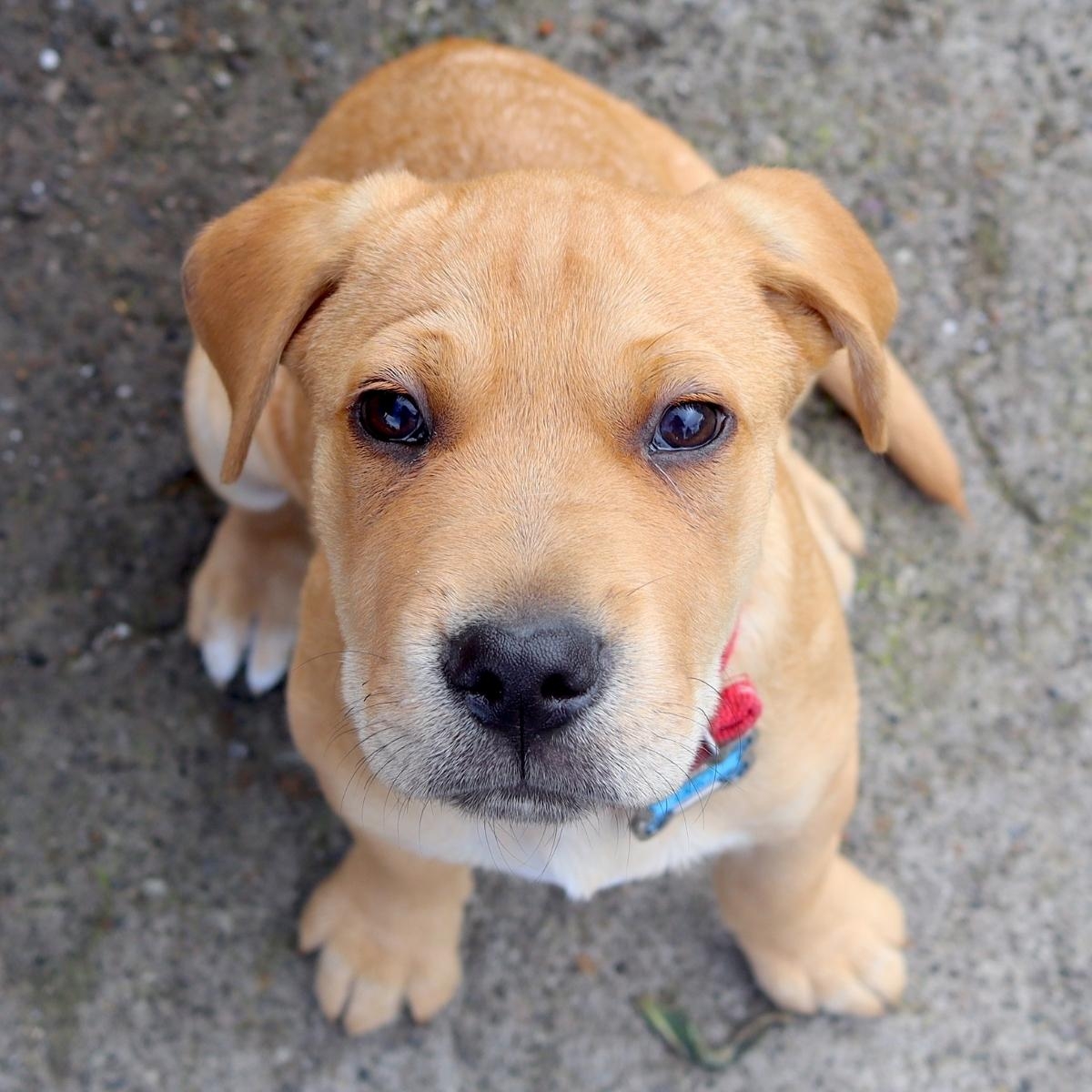



Dog cancer is surprisingly common. Roughly 25% of all dogs will be diagnosed with cancer at some point in their lives and the likelihood of a cancer diagnosis increases as dogs get older, reports the American Veterinary Medical Association (AVMA). In fact, nearly 50% of dogs over age 10 will likely develop cancer.
Keep reading to learn more about what types of dog cancers are most common, whether some dogs are more likely to get cancer compared to others, dog cancer symptoms to be aware of, and when you should schedule a visit with your veterinarian.
While there are many different forms of dog cancer, there are a handful that we see more than others. Fetch Speciality and Cancer Veterinary Centers, says the below five are the most common:
Melanoma: This is the most common type of dog cancer. It typically presents as a malignant tumor in their mouth.
Mast Cell Tumors: This is a type of skin cancer that resides in your dog’s connective tissues, including vessels and nerves that lie close to the external surface. Flat-faced dogs appear to be more at risk.
Lymphoma: This dog cancer affects blood cells (lymphocytes) as well as the lymphoid tissues.
Bone Cancer: Also referred to as osteosarcoma, this is the most common type of bone tumor found in dogs. It tends to affect larger breeds more.
Hemangiosarcoma: Often found in the heart and spleen, hemangiosarcoma is a highly malignant cancer that tends to spread quickly.

While any dog can get cancer, some breeds are more predisposed to certain types of dog cancer compared to others. According to the Memphis Veterinary Specialists, golden retrievers, German shepherds, Bernese mountain dogs, poodles, Scottish terriers, rottweilers, and boxers seem to be at higher risk. Additionally, dogs over the age of 10 are more likely to develop cancer compared to younger dogs.
Dog cancer symptoms vary depending on the type of cancer. With tumors, you may notice a small or large growth on your dog’s body, some of which may bleed, ooze, or smell. (Note that not all dog tumors are cancerous. In fact, many are benign!)
For other types of dog cancers, Germantown Parkway Animal Hospital says to be on the lookout for swelling, lethargy, depression, breathing difficulty, straining while peeing/pooping, difficulty eating, poor mobility, vomiting, diarrhea, or constipation.
These can be gradual or sudden shifts. Our pets are very good at hiding their symptoms (it’s a survival technique), and in some cases you may not be able to tell until the cancer has progressed.

Your dog should see the veterinarian at least once a year to stay on top of their health. If you notice any of the above symptoms, schedule a visit immediately. Even if it turns out to not be dog cancer (which we hope is the case!), then your dog will get quicker relief and you’ll get peace of mind.
cancer #caninecancer #Melanoma #MastCellTumors #Lymphoma #BoneCancer #Hemangiosarcoma
